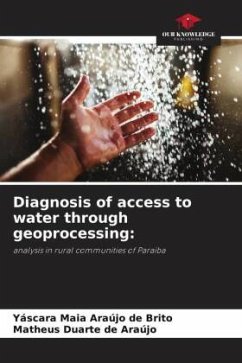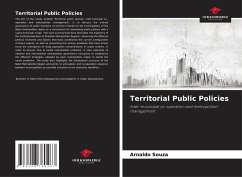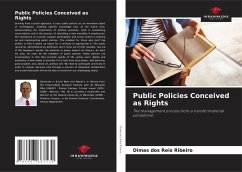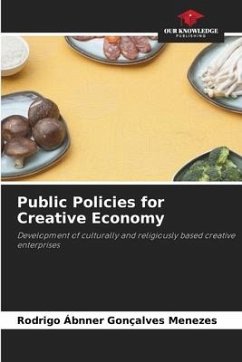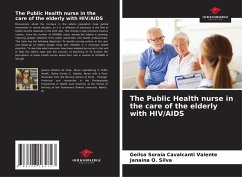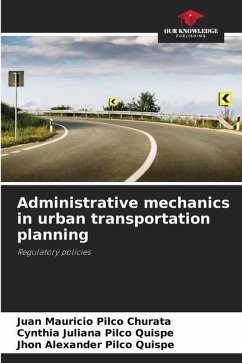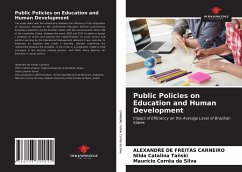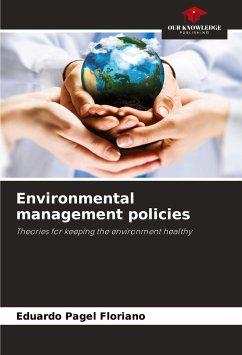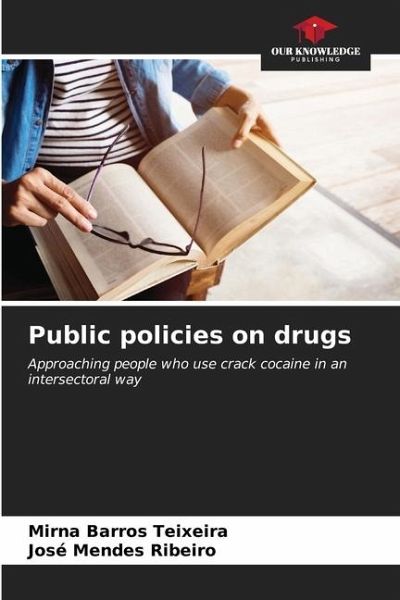
Public policies on drugs
Approaching people who use crack cocaine in an intersectoral way
Versandkostenfrei!
Versandfertig in 6-10 Tagen
29,99 €
inkl. MwSt.

PAYBACK Punkte
15 °P sammeln!
This book by Mirna Teixeira with guidance from José Mendes Ribeiro, developed in 2018, understands that the issue of harmful crack use is complex and that there are several disputed approaches to the debate in an attempt to resolve it. It argues that public policies on drugs (PPD), with a focus on crack, should be formulated and implemented in an intersectoral way and based on harm reduction (DR). It presents a discussion of academic production on crack and other drugs from a national and international perspective; it analyses PPDs and models of care for crack users in situations of social vu...
This book by Mirna Teixeira with guidance from José Mendes Ribeiro, developed in 2018, understands that the issue of harmful crack use is complex and that there are several disputed approaches to the debate in an attempt to resolve it. It argues that public policies on drugs (PPD), with a focus on crack, should be formulated and implemented in an intersectoral way and based on harm reduction (DR). It presents a discussion of academic production on crack and other drugs from a national and international perspective; it analyses PPDs and models of care for crack users in situations of social vulnerability and analyses the experience of the "Open Arms" Programme (DBA), São Paulo, Brazil (2014-2016), identifying its potential, weaknesses and challenges. It concludes that people using crack cocaine harmfully, in the scenes of use known as "cracolândias", should be prioritised by different intersectoral public policies, through a robust network of services, from the perspective of HR, promoting the deconstruction of the stigma of drug users who need care and not imprisonment.





